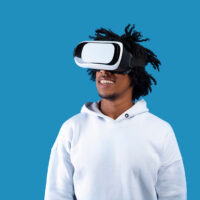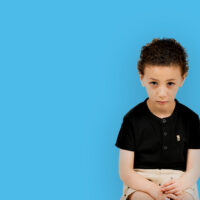Online based therapy
-

Harnessing the potential of digital technology for remote interventions with young people
Charlotte Sanderson and colleagues explain that there is good empirical evidence supporting that digital interventions can be clinically effective.
Read more -

Internet‐delivered cognitive behavior therapy with minimal therapist support for anxious children and adolescents: predictors of response.
A video abstract from Professor Susan Spence on her JCPP paper.
Read more -

Digital Interventions
Many digital technologies are designed to be used in adjunct to established mental health treatments, not to replace them. Learn more with this Topic Guide.
Read more -

OCD – Obsessive Compulsive Disorder
People with Obsessive Compulsive Disorder (OCD) experience unpleasant and intrusive thoughts, images, doubts or urges (called obsessions) and repetitive behaviours (called compulsions). Compulsions are usually carried out as a way of reducing the distress caused by obsessions. OCD takes many different forms and causes distress and interference to day-to-day life.
Read more -

-

-

mHealth ineffective for depression prevention
A universal cognitive behavioural therapy (CBT)-based mobile messaging programme (MEMO CBT) designed to prevent teenage onset depression provides no clinical benefit, according to results of a double-blind, randomised, placebo-controlled trial.
Read more -

Changing perceptions on technological therapy
Educating parents in computer-based therapies for youths with mental health disorders may improve uptake of this therapeutic modality by affected families.
Read more -

Telephone support for parents in ADHD
Due to its high prevalence, treating ADHD can place a burden on services. Self-help and remote interventions could offer a way to deliver treatment at scale, if they’re effective.
Read more